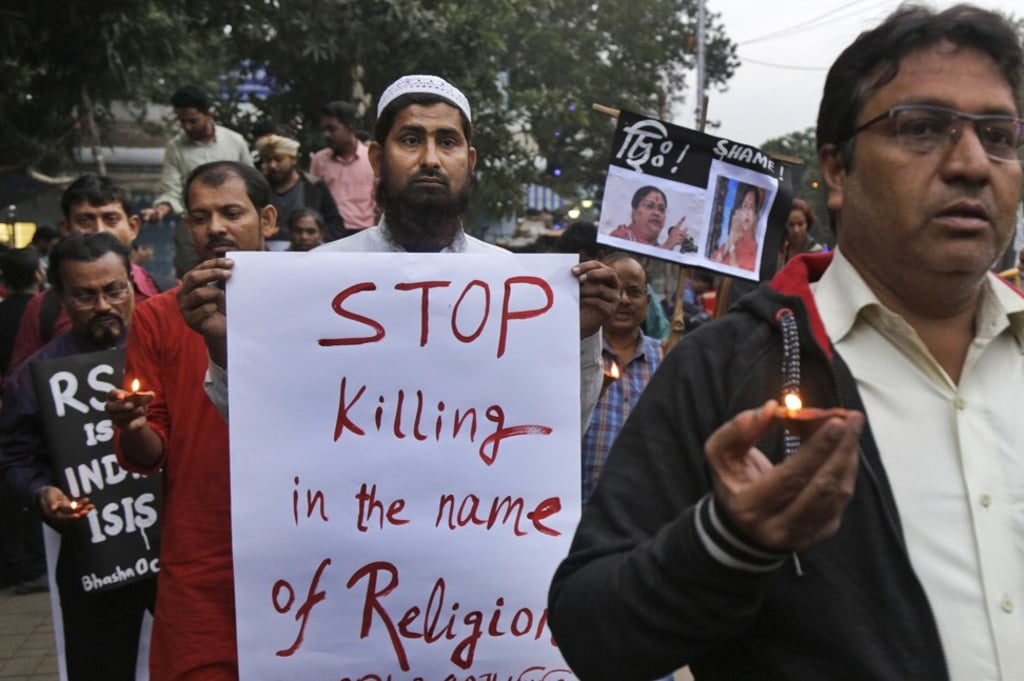Opinion | India’s Ayodhya judgment: old scores have been settled but new wounds are likely to be opened
- The Supreme Court judgment allocating the disputed site on which a mosque stood until the 1990s to the Hindu community will whet fundamentalist Hindu groups’ appetite for other such plots across the country

The disputed land once housed the Babri Masjid, a mosque built in 1528. In 1992, a Hindu mob, headed by the Vishva Hindu Parishad, a fundamentalist group affiliated with the Bharatiya Janata Party (BJP) which is currently in power in India, destroyed the mosque, saying a Hindu temple that had stood on the site had been destroyed to build the mosque.
The illegal demolition of the mosque sparked riots across the country, in which around 2,000 people, mostly Muslims, were killed. The riots were followed by a series of terrorist attacks linked to Islamist groups in the years that followed.

The Indian Supreme Court overturned the verdict of the Allahabad High Court in 2010 which had ruled that the 2.77 acre plot should be divided equally between the three plaintiffs – the Sunni Waqf Board for the Muslims, the Nirmohi Akhara, a Hindu denomination, and the deity Ram Lalla (infant Ram), considered by the court to be a “juridical person” and represented by people associated with the Vishva Hindu Parishad.
